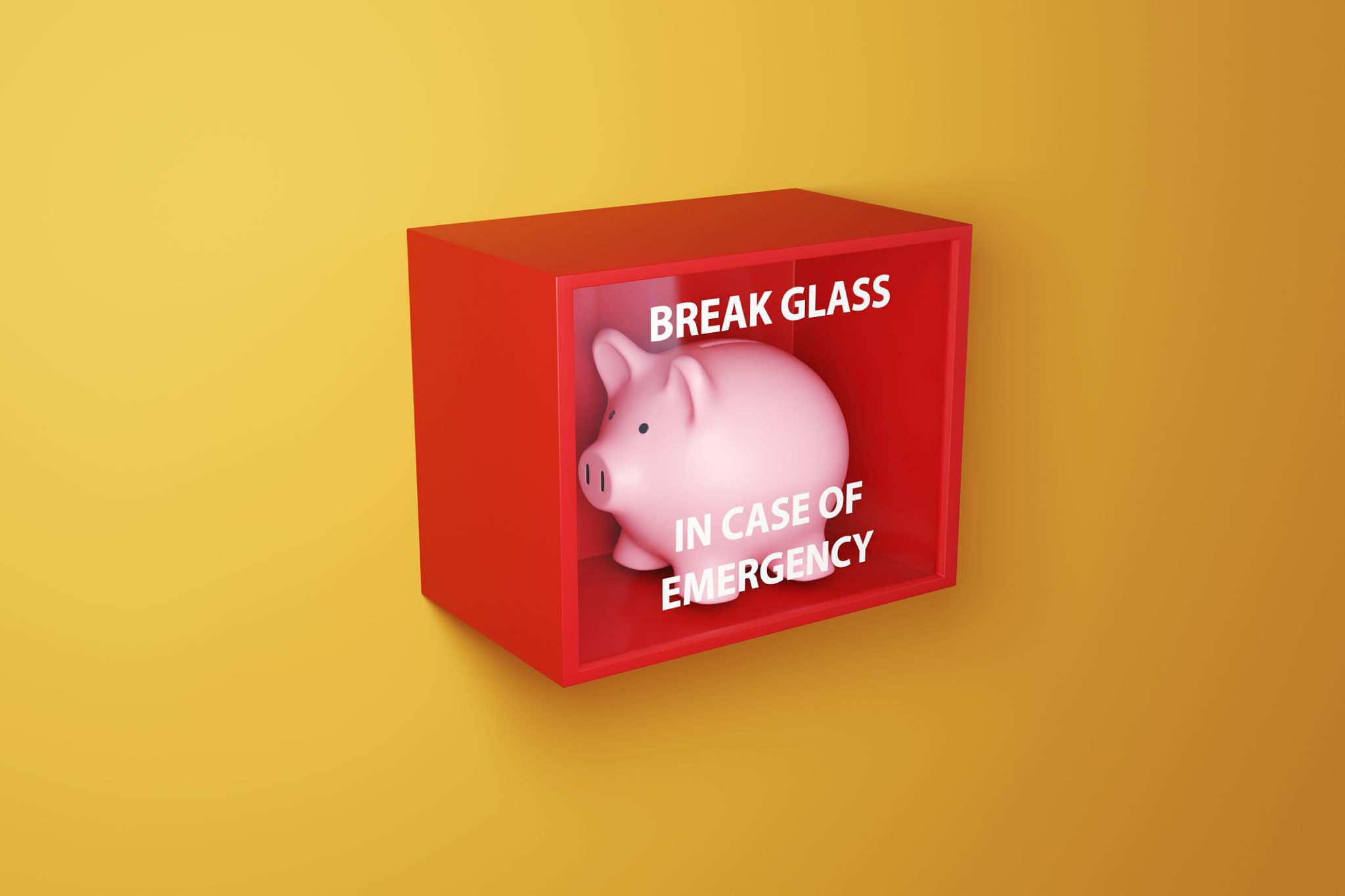How to Prepare Financially for Life's Unexpected Events
Understanding the Importance of Financial Preparedness
Life is full of surprises, and while some are delightful, others can be challenging and costly. Being financially prepared for unexpected events can ease the burden during tough times. Whether it's a medical emergency, job loss, or natural disaster, having a financial cushion can make a significant difference.

Building an Emergency Fund
One of the most effective ways to prepare for unforeseen circumstances is by building an emergency fund. This fund acts as your financial safety net, providing you with the necessary resources to handle emergencies without derailing your financial stability.
How Much Should You Save?
A good rule of thumb is to save at least three to six months' worth of living expenses. This amount ensures that you have enough to cover essential costs like rent, utilities, groceries, and healthcare if you're faced with a sudden loss of income.

Insurance: A Crucial Component
Insurance is another vital aspect of preparing financially for life's unpredictability. Without proper coverage, you might find yourself bearing the full brunt of unexpected expenses. Consider the types of insurance that are most relevant to you, such as health, auto, home, and life insurance.
Review Your Coverage Regularly
It's essential to review your insurance policies periodically to ensure they meet your current needs. Life changes like marriage, having children, or purchasing a new home can all necessitate adjustments in your coverage.

Reducing Debt as a Preventative Measure
Carrying high levels of debt can be a significant hindrance when facing unexpected events. High-interest debts like credit cards can quickly spiral out of control if you're not careful. By reducing and managing your debt effectively, you create more room in your budget for emergencies.
Strategies for Debt Reduction
Consider using methods such as the snowball or avalanche approaches to pay off your debts. Additionally, avoid taking on new debt unless absolutely necessary to maintain financial flexibility.
Investing in Your Future
While saving for emergencies is crucial, investing in your future should not be overlooked. Investments can provide long-term growth and help you build wealth over time. Diversifying your investment portfolio can protect you against market fluctuations and provide additional security.

In conclusion, financial preparedness involves a combination of building savings, securing appropriate insurance coverage, reducing debt, and investing wisely. By taking these steps, you can better navigate life's unexpected events with confidence and peace of mind.